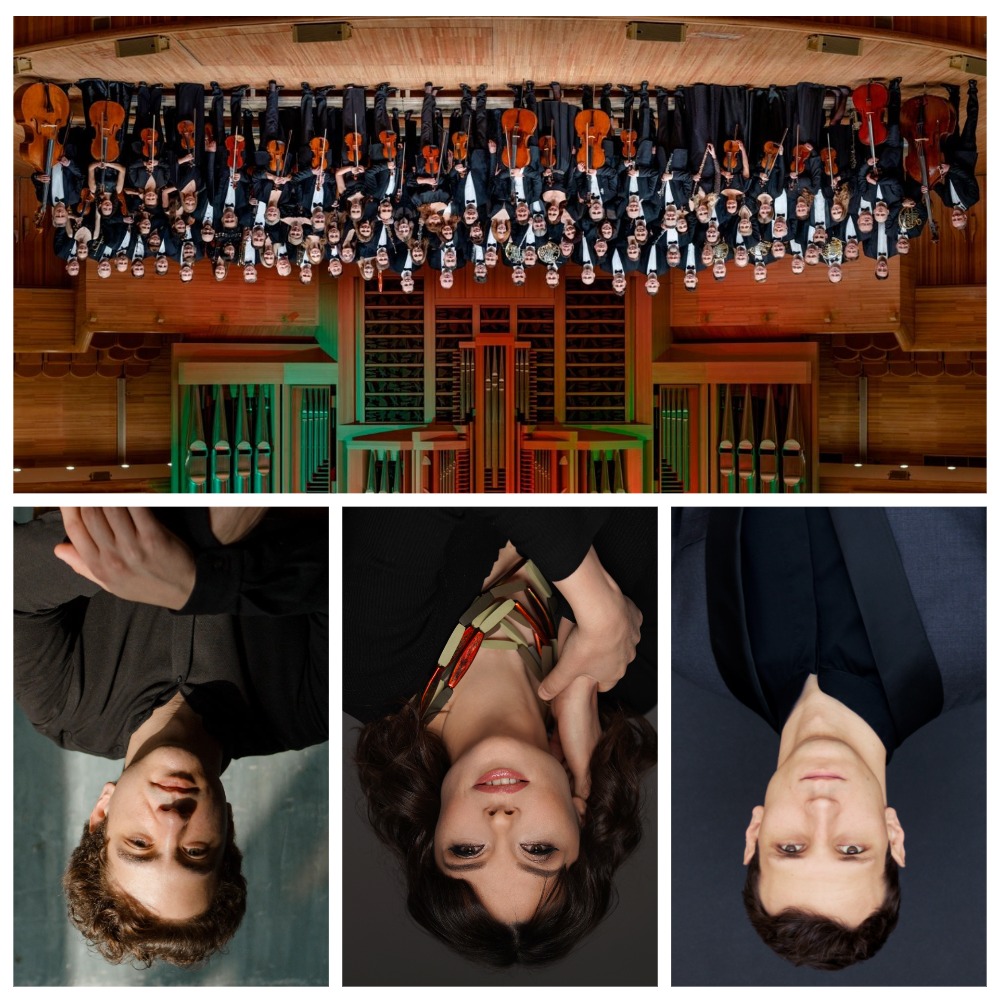March 16, 2024 | Tchaikovsky Concert Hall
Subscription series No. 24: «National Philharmonic Orchestra of Russia»
Soloists: Ekaterina Mechetina, piano
Konstantin Emelyanov, piano
Conductor – Arsenty Tkachenko
Schubert. Overture in D major, D. 12
Mozart. Concerto No. 10 for two pianos and orchestra in E-flat major, KV 365 (316A)
R. Strauss. Ein Heldenleben (A Hero's Life), Op. 40
The masterpieces by Austrian and German composers compile the new program by Arsenty Tkachenko and the NPR. These are works separated by almost a century. Part I has as its base the vigorously exquisite Concerto No.10 for two pianos (1782) by Wolfgang Amadeus Mozart which he conceived for himself and his talented sister Nannerl. The Concerto is known for its complicated piano parts and their artful interaction. It will be performed, together with the NPR, by two superb pianists – Ekaterina Mechetina, Merited Artist of Russia, and her younger colleague Konstantin Emelyanov, Bronze Medalist of the 16th edition of the Tchaikovsky Competition and winner of the All-Russia Music Competition.
Another work written by a youth is Franz Schubert's Overture in D major written when the composer was enticed by opera at the times of studying with Antonio Salieri. The Overture is both lyrical and dramatic. Conductor Heinz Holliger thinks that it opens doors into the whole music world – the most beautiful that there is in the history of music.
The concert will end with the grandiose tone poem “Ein Heldenleben” (A Hero's Life) by Richard Strauss. It is a kind of autobiographic score, into which the composer introduced themes of his many works. Formally, the Poem is an extended first movement of a sonata-symphony cycle, which encompasses a slow part and a scherzo. However, the composer divided it into six themes initially named as “The Hero”, “The Hero's Adversaries”, “The Hero's Companion”, “The Hero at Battle”, “The Hero's Works of Peace”, “The Hero's Retirement from this World and Completion”. The Hero's “Companion” was meant to be Pauline de Ahna whom Strauss married in 1894. The Poem was premiered under the composer's direction on March 3, 1899, in Frankfurt. The work, dedicated to conductor Willem Mengelberg and the Concertgebouw Orchestra, had a mixed acceptance. Some were indignant at the composer's insolence who, in their opinion, thought too much of himself writing a poem about himself, others praised his mastership and fantasy.




